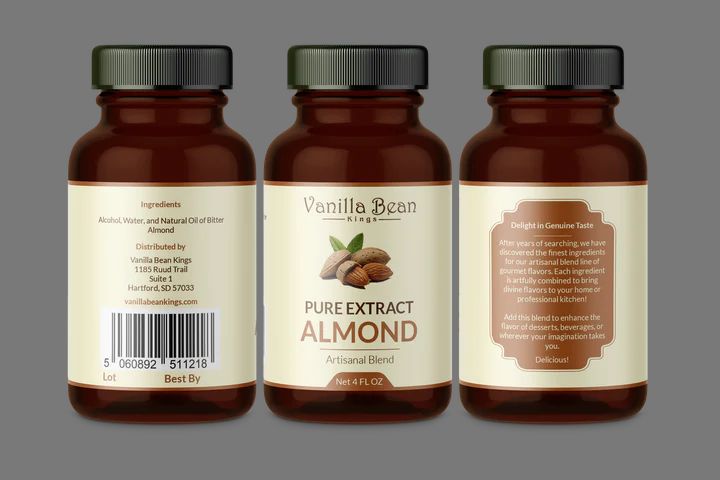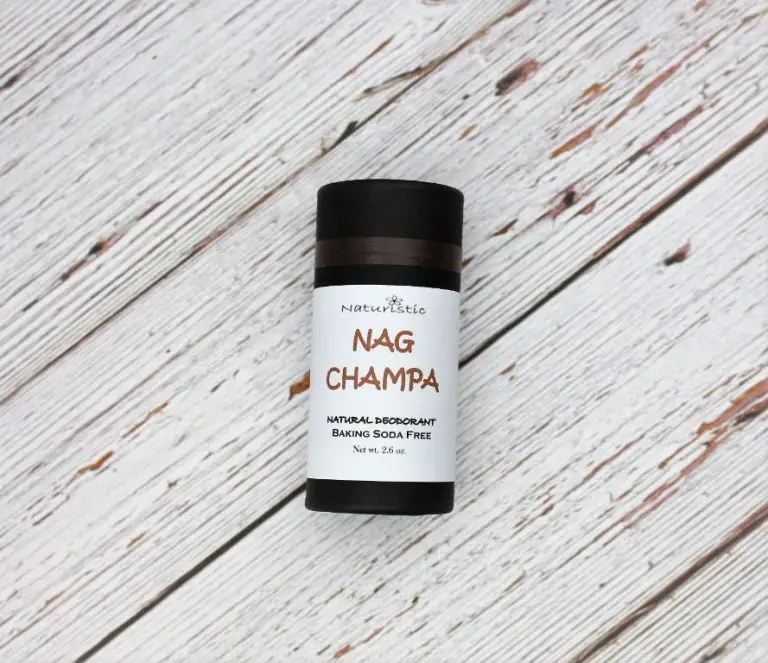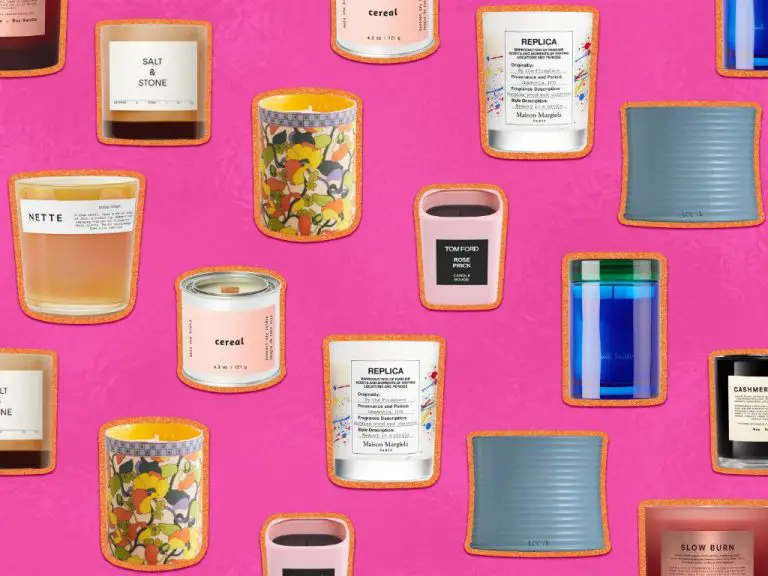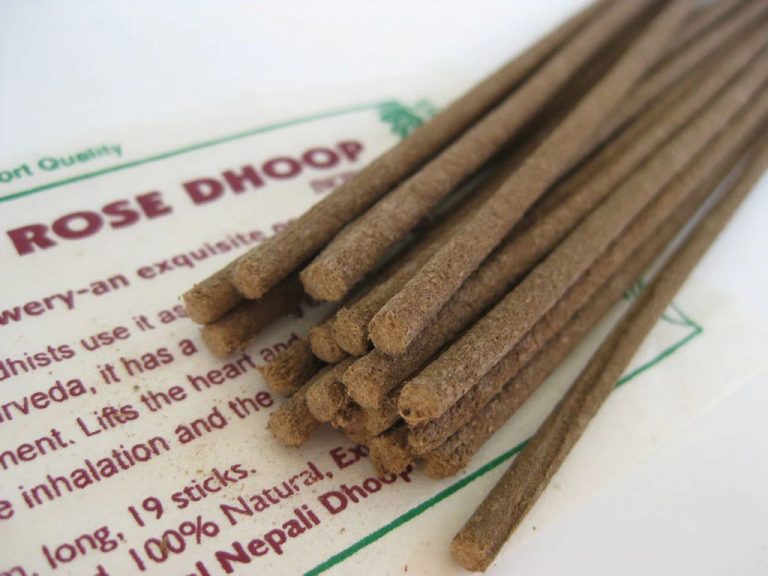Can You Make Perfume Out Of Cinnamon?
Perfume is defined as a fragrant liquid typically made of essential oils extracted from flowers and spices, used to give a pleasant scent to one’s body, clothes, home, etc (Merriam-Webster). The purpose of perfume is to provide a pleasing fragrance. This article will examine if homemade perfume can be made using cinnamon as the main ingredient.
We will look at the history and properties of cinnamon, recipes and techniques for making cinnamon perfume, safety precautions to take, comparable commercial cinnamon perfumes, potential uses, and whether cinnamon can effectively be turned into a pleasant perfume.
Properties of Cinnamon
Cinnamon is known for its aromatic qualities, antimicrobial properties, and culinary uses. The aromatic qualities come from the essential oils and volatile compounds in cinnamon bark. The main chemical constituent is cinnamaldehyde, which gives cinnamon its spicy, sweet scent and flavor [1]. Other aromatic compounds include eugenol, linalool, and trans-cinnamyl acetate.
Research has shown cinnamon has antimicrobial effects against bacteria, fungi, and viruses [2]. This is due to the essential oils as well as other phytochemicals such as proanthocyanidins and cinnamtannin B1. Studies suggest cinnamon can inhibit microbial growth and biofilm formation.
Culinary uses of cinnamon include flavoring desserts, curries, chocolate, coffee, liquors, and more. It is used in both sweet and savory dishes. Cinnamon sticks and ground cinnamon powder are common forms used in cooking and baking.
History of Cinnamon
The origins of cinnamon trace back thousands of years. According to sources, cinnamon was first cultivated and used in Ancient Egypt as early as 2000 BC for embalming mummies and anointing oils (Source). Cinnamon also has a long history in China and was mentioned in Chinese writings as early as 2800 BC. In India, cinnamon has been used in Ayurvedic medicine and curry dishes for centuries (Source).
Traditionally, cinnamon has been highly prized for its medicinal properties and aromatic flavor. Ancient cultures used cinnamon as a perfume, anointing oil, and incense in religious ceremonies and funerals. Cinnamon also had significance in ancient trade routes, with traders transporting cinnamon across Arabia, Asia, and Europe (Source). Its rarity and exotic origins contributed to its cultural cachet.
Due to its unique flavor and aromatic properties, cinnamon became an important ingredient around the world. It was used for culinary and medicinal purposes across many ancient cultures. The high demand and limited supply made cinnamon a luxury item accessible only to the elite.
Making Homemade Perfume
There are several basic methods for making homemade perfume. The simplest way is to combine essential oils and carrier oils in the desired proportions to create a fragrance. This can be done by directly adding drops of essential oils into a carrier oil like jojoba or fractionated coconut oil (Source: https://www.ugaoo.com/blogs/green-lifestyle/how-to-make-perfume-at-home).
Another common technique is to create a perfume tincture by dissolving essential oils in ethanol or vodka. The tincture is then diluted into a carrier oil to create the final fragrance. Tinctures allow for better blending of the oils.
Some key equipment needed for making homemade perfume includes:
- Essential oils – for fragrance
- Carrier oils – to dilute and extend the scent of essential oils
- Dropper bottles or spray bottles – to store and apply perfume
- Small measuring cups or vials – to blend and mix oils
- Funnels – to transfer oils into bottles
- Coffee filters or cheesecloth – to strain tinctures
Good carrier oils for perfume include fractionated coconut oil, jojoba oil, sweet almond oil, apricot kernel oil, grapeseed oil, and any other light, odorless plant oil. The carrier oil makes up the majority of the perfume and helps evenly distribute and diffuse the essential oils in the fragrance.
Using Cinnamon in Perfume
Cinnamon has a warm, sweet, spicy aroma that blends well with many complementary scents in perfume. Some of the most popular scent pairings include vanilla, clove, rose, ylang ylang, lavender, orange, and lemon (Groomingwise, n.d.). The combination of cinnamon with sweet, floral, spicy, or citrusy notes can create a unique and alluring perfume blend.
When using cinnamon in DIY perfume recipes, cinnamon essential oil or cinnamon bark oil are more potent than ground cinnamon powder. Just a few drops of cinnamon oil can provide a strong cinnamon scent to a perfume. Cinnamon powder can be used too, but will require several tablespoons to impart fragrance. For best results, use a carrier oil like jojoba or fractionated coconut oil when diluting cinnamon essential oil (Groomingwise, n.d.).
It’s also important not to overdo cinnamon in a perfume blend, as it can be an irritant and sensitizer if used in excess. Keep cinnamon scent at 5% or less of your total perfume formula for safety (Groomingwise, n.d.). And be sure to avoid contact with eyes and sensitive skin when applying cinnamon-infused perfumes.
Cinnamon Perfume Recipes
When making homemade cinnamon perfume, it’s important to find the right balance of cinnamon to complement the other ingredients. Too much cinnamon can result in an overpowering scent. Here are some sample cinnamon perfume recipes to try:
A basic cinnamon perfume can be made by combining 1-2 tablespoons of ground cinnamon with 1 cup of vodka or other neutral spirit in an airtight container. Allow the mixture to infuse for 1-2 weeks, shaking periodically. Then strain and transfer to a spray bottle (source: https://www.oreegano.com/en-us/recipe/tower-of-pear-pancakes-and-chocolate-with-cinnamon-perfume-by-elletrilli-hocuxglaeg).
For a more complex scent, try combining cinnamon with complementary notes like vanilla, citrus, floral essences or spice oils. An example is mixing 1 cup vodka, 1 tablespoon cinnamon, 1 teaspoon vanilla extract and 5 drops orange essential oil (source: https://www.oreegano.com/en-us/recipe/cake-with-carrots-apples-and-hazelnuts-with-cinnamon-perfume-by-gaiacacaoamore-tdvybjm05g).
The key is to add cinnamon slowly and adjust the proportions as needed. Test frequently until finding the ideal cinnamon intensity for your homemade perfume.
Safety Precautions
When working with cinnamon, either as an essential oil or in its raw form, it’s important to be aware of potential safety issues. Cinnamon contains the compound cinnamaldehyde, which can be an irritant or allergen for some people. Those with sensitive skin should use caution and do a patch test before applying cinnamon oil or homemade cinnamon perfume to larger areas of skin. According to the Fragrantica community, cinnamon oil has a fairly high risk of sensitization.
Allergic reactions to cinnamon are also possible. Symptoms like redness, itching, swelling, and trouble breathing can occur immediately or develop over time with repeated exposure. Anyone with a known cinnamon allergy should avoid using it topically or inhaling it. Proper storage of cinnamon perfumes or oils is important as well – keep containers tightly sealed and away from heat, moisture, and direct sunlight to preserve freshness and prevent oxidation.
When creating homemade cinnamon perfumes, err on the side of caution with dilution. Using too much cinnamon essential oil, especially on sensitive areas like the wrists and neck, increases the risk of irritation. Doing a patch test with small amounts first is advised. With proper precautions, cinnamon can be safely enjoyed in homemade perfumes, but know your own sensitivities and always monitor for adverse reactions.
Comparable Cinnamon Perfumes
There are a number of commercial cinnamon perfume products on the market that can give an idea of how a homemade cinnamon perfume might compare in terms of scent profile, performance, and cost.
Popular cinnamon perfumes include:
- Bath & Body Works Warm Vanilla Sugar – A sweet gourmand scent with notes of vanilla, cinnamon, and sugar. Retails for $25.50 for a 3.4oz spray.
- Victoria’s Secret Love Spell – Features top notes of cherry and chamomile with a heart of peach blossom and cinnamon. Retails for $55 for a 8.4oz spray.
- Philosophy Cinnamon Buns – A straight-forward cinnamon bun scent. Retails for $50 for a 3.4oz spray.
- Tokyomilk Dark Bulletproof Perfume – An oriental spicy perfume with notes of black pepper, dark vanilla, and medicinal cinnamon. Retails for $29 for a 1.0oz spray.
Reviews indicate these perfumes have good lasting power on skin and clothes. They are formulated by major fragrance houses using quality ingredients. While not cheap, they provide an accessible cinnamon-based scent at moderate perfume price points.
In comparison, a homemade cinnamon perfume would likely be simpler in scent profile but could potentially be produced at a lower cost.
Cinnamon Perfume Uses
Cinnamon perfumes make great gifts and are perfect for special occasions like holidays, birthdays, and anniversaries. The warm, spicy scent evokes feelings of comfort and celebration. According to the Perfume Society, cinnamon’s scent is both “spicy and enticing, comforting and sweet, all at once.” This makes it versatile for many different uses.
Cinnamon perfumes can be given as gifts for Christmas, Valentine’s Day, birthdays, and more. The scent is festive, yet intimate, making it a thoughtful present. For everyday wear, cinnamon perfumes add a touch of coziness and warmth. Spritz it on before heading out the door in the morning or as part of your nighttime routine. The Perfume Lounge notes that cinnamon has been used in perfumes since ancient Egypt, showing its enduring popularity.
Overall, cinnamon perfumes are wonderful for gifting, special occasions, and everyday wear. The sweet yet spicy scent provides comfort and celebration (Source), making it very versatile.
Conclusion
Cinnamon has a long history of being used in perfumes and fragrances. Its warm, spicy aroma makes it a popular natural ingredient. While homemade cinnamon perfumes are simple to make, they require caution as cinnamon oil can irritate skin. The final product, however, can make a fragrant, inviting perfume when properly formulated.
In summary, ground cinnamon sticks or cinnamon essential oil can be used to create homemade perfumes. Additives like carrier oils, vodka, or witch hazel help dilute and stabilize the mixture. Proper storage is important to preserve scent. Cinnamon perfumes pair well with other natural aromas like vanilla or citrus. While not as complex as commercial perfumes, cinnamon perfumes offer an approachable, customizable homemade option.
Final thoughts: Creating your own cinnamon perfume allows you to control the ingredients and personalize the scent. With some trial and error finding your perfect recipe, cinnamon perfume can be a crafty, budget-friendly way to smell heavenly.




